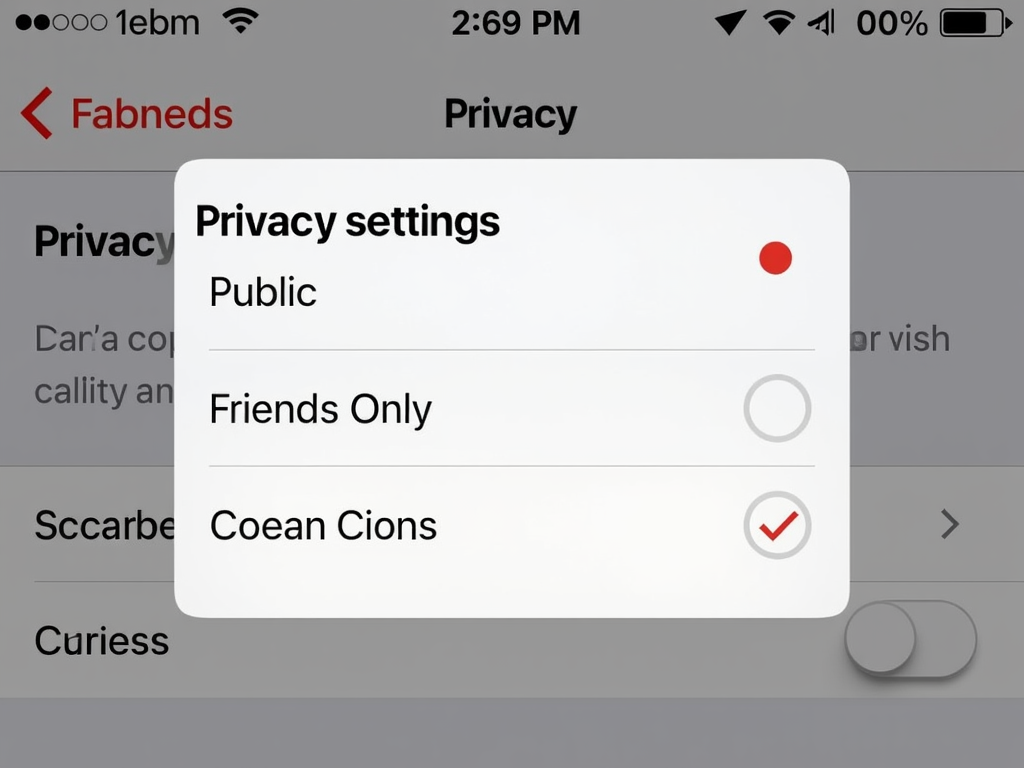Understanding Online Privacy Laws: A Comprehensive Guide
In today’s world, your personal data is everywhere online. Websites, apps, and companies collect it constantly. That’s where online privacy laws come in. These rules protect your information and hold businesses accountable. This guide explains what these laws are, why they matter, and how you can stay safe online. We’ll cover key laws, practical tips, and even compare tools like Firefox Focus and DuckDuckGo.
The Basics of Online Privacy Laws
Online privacy laws control how your personal data—like your name, email, or location—is handled online. They’re different depending on where you live, but they all aim to keep your info safe. Let’s look at some big ones.
-
GDPR: This European Union law started in 2018. It lets you control your data and forces companies to be clear about using it. Check out more at the official GDPR site.
-
CCPA: If you’re in California, this law gives you rights to see and delete your data. Learn details from the California Attorney General.
-
PIPEDA: Canada’s law for private companies handling your data.
These laws make companies ask for your permission, keep data secure, and let you say no to sharing.

Businesses have to follow these laws or face big fines. For example, GDPR can fine companies up to 4% of their yearly earnings if they mess up. For you, these laws mean more power over your data. You can ask companies what they know about you or tell them to delete it. But many people don’t even know these rights exist. That’s why learning about online privacy laws is a game-changer.
Why Online Privacy Laws Matter
Imagine shopping online and suddenly seeing ads for that exact item everywhere. It’s not magic—it’s data tracking. Privacy laws step in to limit this. They protect you from companies misusing your info or selling it without asking. For businesses, following these rules builds trust. Customers like knowing their data isn’t up for grabs. I’ve seen small companies rethink their whole websites just to follow GDPR—it’s a big deal.

But it’s not all smooth sailing. Laws differ across countries, making it tricky for global companies. And some argue these rules don’t go far enough—data breaches still happen. Still, these laws are a start. They push for a safer internet where your privacy isn’t an afterthought.
Your Role in Online Privacy
Laws help, but you’ve got to protect yourself too. Start by reading privacy policies. I know they’re boring, but even skimming them shows what a site does with your data. Use strong passwords—mix letters, numbers, and symbols. Add two-factor authentication for extra safety. On social media, lock down who sees your posts. I once found an old profile wide open—fixed that fast!

Here’s a quick list of your rights under major laws:
| Law | Your Rights |
|---|---|
| GDPR | Access, delete, move your data |
| CCPA | Know, delete, stop data selling |
| PIPEDA | Access, correct, say no to collection |
Know these rights. If a company breaks them, you can report it.
Top Privacy Tools for Secure Browsing
Laws set the rules, but tools make them work for you. Online privacy tools keep your data hidden. Try these:
-
VPNs: They hide your location and encrypt your connection. Think NordVPN or ProtonVPN.
-
Ad Blockers: Tools like uBlock Origin stop trackers in ads.
-
Encrypted Apps: Signal keeps your chats private.
Then there are privacy browsers. Let’s dig into two: Firefox Focus and DuckDuckGo.

Firefox Focus vs DuckDuckGo: Which Mobile Browser Is More Private?
Both browsers fight for your privacy, but they’re different. Firefox Focus wipes everything—history, cookies—when you close it. It blocks trackers automatically. I’ve used it for quick searches when I didn’t want a trace left. DuckDuckGo blocks trackers too, but it also grades websites on privacy and uses a search engine that doesn’t track you. A Privacy International report says these tools cut tracking way down.
Pick Firefox Focus for simplicity. Go with DuckDuckGo if you like extra features. I switch between them depending on what I’m doing.
Challenges Ahead
Online privacy isn’t perfect. Laws can’t stop every breach—think of all those headlines about hacked companies. Plus, rules vary globally, so your data might be safe in one place but not another. New tech like AI makes it harder too. Privacy laws need to keep up. For now, combining laws with tools gives you the best shot at staying secure.

Wrapping Up
Understanding online privacy laws puts you in control. They’re your shield against data misuse, but you’ve got to act too. Use tools, know your rights, and stay smart online. Privacy isn’t just a law—it’s a choice. Keep learning, and you’ll surf the web with confidence.